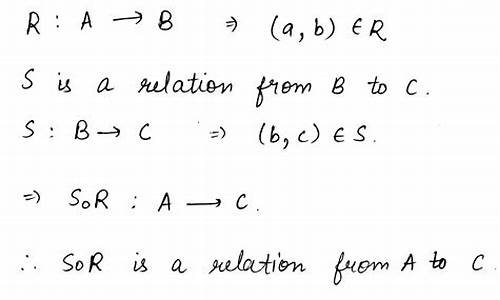The Relationship Between Mental Health and Physical Health
Mental health and physical health are intricately connected, influencing each other in various ways. Understanding this relationship is vital for improving overall well-being. Mental health conditions such as stress, anxiety, and depression can have direct and indirect effects on physical health. On the other hand, physical health issues, such as chronic illnesses, can lead to or exacerbate mental health problems. This article explores the complex link between mental and physical health, highlighting the importance of maintaining both for a balanced life.
Impact of Mental Health on Physical Health
Mental health problems can contribute significantly to the development of physical health issues. For example, chronic stress can lead to high blood pressure, heart disease, and a weakened immune system. Anxiety disorders are often associated with gastrointestinal problems, headaches, and muscle tension. Additionally, individuals suffering from depression may experience fatigue, sleep disturbances, and a higher risk of chronic conditions like obesity or diabetes due to poor lifestyle choices.


Impact of Physical Health on Mental Health

Physical health also has a profound effect on mental well-being. Chronic illnesses, such as diabetes, cancer, and arthritis, can lead to feelings of frustration, hopelessness, and even depression. The physical limitations that come with these conditions may affect one’s ability to perform daily activities, leading to a sense of loss of control. Furthermore, pain and discomfort associated with physical ailments can increase stress levels, thereby further harming mental health.
The Importance of Holistic Health
To achieve optimal well-being, it is essential to adopt a holistic approach to health. This means addressing both mental and physical health in tandem. Regular physical activity, a balanced diet, and stress management techniques like meditation and yoga can improve both physical and mental health. Seeking professional help when necessary, whether from a therapist or a physician, can also provide crucial support for managing both aspects of health.
Prevention and Early Intervention
Preventing mental and physical health issues involves maintaining a healthy lifestyle and seeking early intervention when problems arise. Regular check-ups, monitoring mental health, and fostering healthy relationships can help catch potential health issues early on, reducing their impact on overall well-being.
Conclusion
The relationship between mental health and physical health is undeniable and complex. Both aspects influence each other, and taking a comprehensive approach to health is essential for overall well-being. By prioritizing mental and physical health together, individuals can lead healthier, more fulfilling lives.
